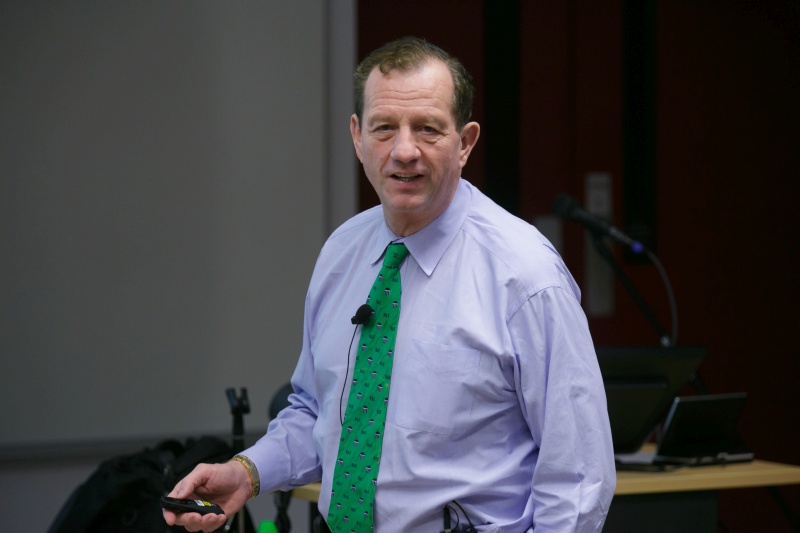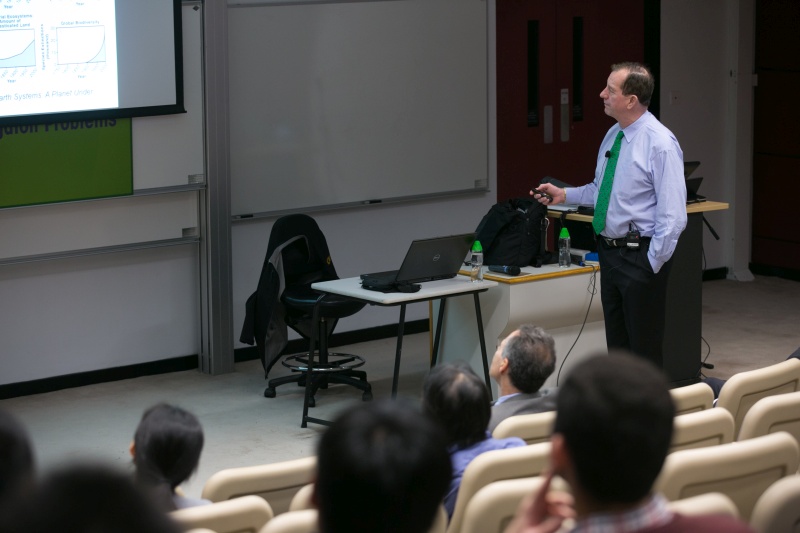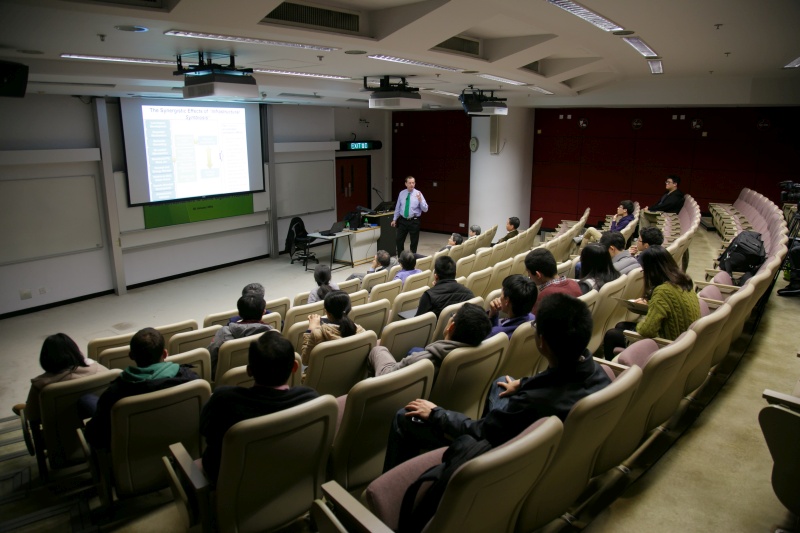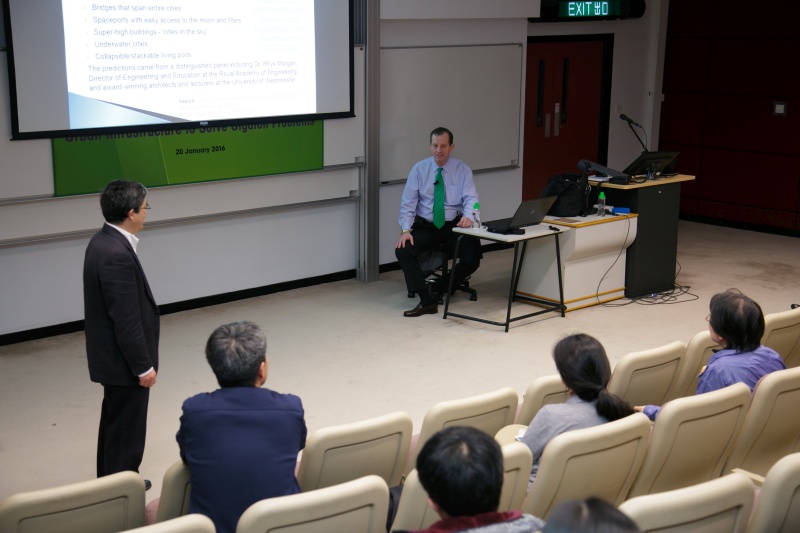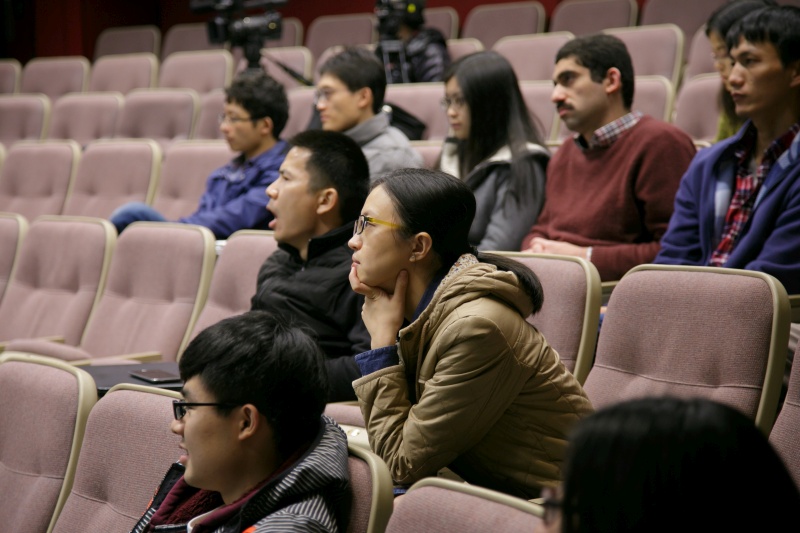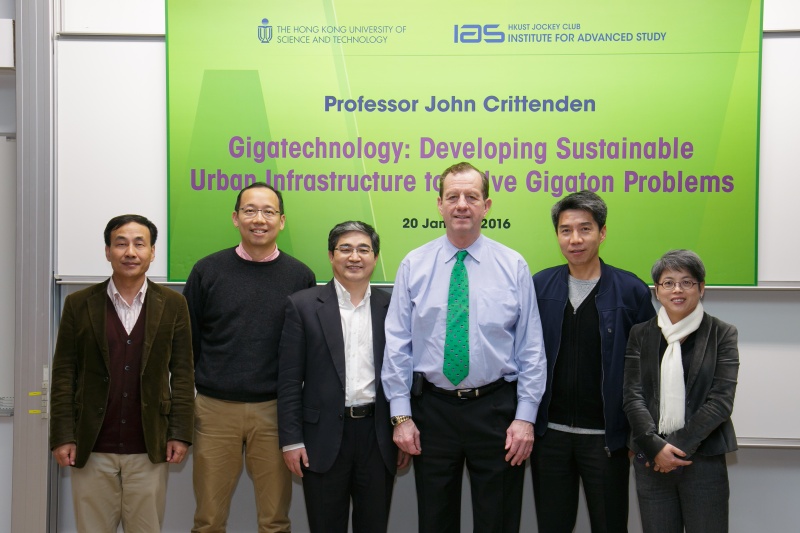Gigatechnology: Developing Sustainable Urban Infrastructure to Solve Gigaton Problems
Abstract
Gigaton problems refer to those most severe problems challenging humanity, which can often be measured at the “gigaton (billion tons)” scale. For example, the annual world energy consumption is around 12 billion tons of oil equivalent (Gtoe), 80% of that from nonrenewable fossil fuels. The combustion of these fossil fuels emits approximately 29 billion tons (Gton) of CO2. In addition, the world uses more than 79 Gton of materials each year, only about 29% of which are renewable. These gigaton problems call for solutions which can meet the gigaton scale, or gigaton solutions.
In response to the urgent need of solving the gigaton problems, the urban system plays a critical role as the primary sink of resources and source of wastes. In particular, urban centers are complex, adaptive systems that act like ecosystems: they process resources (water, energy, and materials) and information, create infrastructure and services, and produce wastes. Worldwide, urban centers dominate resource consumption as well as waste and pollution generation. By examining the complex interactions among social decision making, economic drivers, (re)development, sustainability metrics, and surface transportation, a simulation-based decision support tool and strategies are being developed to allow stakeholders to design and choose infrastructure solutions that consume fewer resources and generate less waste. Case studies are presented for Atlanta, Georgia as an example to illustrate the ability of this tool to support the decision-making in constructing more sustainable cities.
About the speaker
Prof. John Crittenden received his PhD in Civil Engineering from University of Michigan in 1976. He had taught at University of Illinois, Michigan Technological University and Arizona State University before joining Georgia Institute of Technology in 2009. He is currently the Director of Brook Byers Institute for Sustainable Systems, Hightower Chair and Georgia Research Alliance Eminent Scholar in Environmental Technologies.
Prof. Crittenden’s research interests focus on Pollution Prevention, Physical Chemical Treatment Processes, Transport of Organics in Saturated and Unsaturated Groundwater and Modeling of Fixed-Bed Reactors and Absorbers.
Prof. Crittenden was elected to the US National Academy of Engineering in 2002 and the Chinese Academy of Engineering in 2013. He also received the 2000 AEESP Landmark Achievement Award and was recognized by the American Institute of Chemical Engineers as one of the 100 Eminent Chemical Engineers in Modern Times in 2008.

